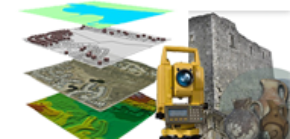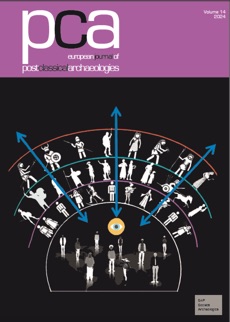This project brings together scholars working in the disciplines of literary studies, geography, archaeology and history to explore how material and imagined urban landscapes construct and convey a sense of place-identity. The focus of the project is the city of Chester and the identities that its inhabitants formed between c.1200 and 1500. A key aspect of the project is to integrate geographical and literary mappings of the medieval city using cartographic and textual sources and using these to understand more how urban landscapes in the Middle Ages were interpreted and navigated by local inhabitants. One particularly innovative dimension of this is the project’s use of information technologies both as a means of exploring these ‘mappings’ of medieval Chester, for example through the use and development of a Geographical Information System (GIS) to create a map of Chester as it was c.1500, and as a means of widening access and public interest in Chester’s medieval past and in medieval urban studies generally by linking literary and cartographic sources in digital media. The project will thus not only extend our understanding of how placed-identities were forged in the medieval city through local association and relationships with imagined and material urban landscapes, but also foster transferable methodologies and working models for integrating visual and textual digital data sources in humanities computing projects.
Dr Keith Lilley is then off to the University of Padua in Italy at the invitation of Alexandra Chavarria, an archaeologist researcher in Padua who is working alongside Professor Gian Pietro Brogiol on a project called Architettura Residenziale Medievale a Padova (further details of which are accessible here). This is quite similar in nature to Mapping Medieval Chester and through this exchange we shall share experiences of mapping medieval cities using GIS and look to future potential collaborative work that builds upon both the Padua and Chester projects.
18 febbraio 2010 alle 10.30 (Museo del Liviano, Università di Padova)






